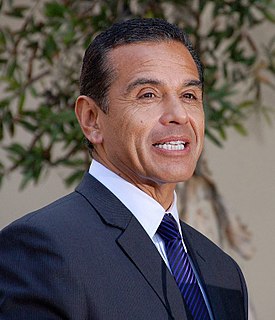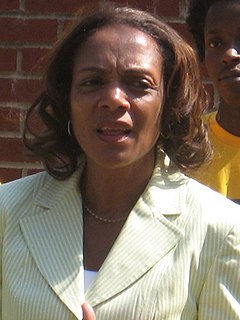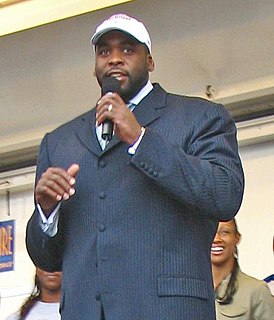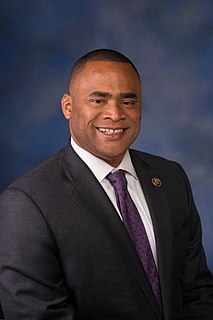A Quote by Martin O'Malley
If any mayor reduced school funding by 33 percent and called it the 'Strengthening Our Schools Initiative,' I think they'd be excoriated.
Related Quotes
School choice opponents are also dishonest when they speak of saving public schools. A Heritage Foundation survey found that 47 percent of House members and 51 percent of senators with school-age children enrolled them in private schools in 2001. Public school teachers enroll their children in private schools to a much greater extent than the general public, in some cities close to 50 percent.
There are jobs here in Baltimore, but the problem is we don't have skilled people. Like the Port Covington initiative - that's 20 years out. I instituted initiatives as mayor that called for equities for minorities, increase minority opportunities, training. It's a good model to duplicate. Everybody doesn't want to go to college. A lot of our vocational programs don't have the latest technology. Students should begin freshman year in high school working on a plan for graduation - either going into an apprenticeship or college.
New York has one of the largest school systems in the country, but it's one of the best school systems in the country. I worked on an initiative called Family Strengthening. What it meant was we began to work with families, people coming out who were incarcerated, connecting them back to the family. Kids today, some of them need psychological help, not just providing for them. We have issues - we have to break cycles. We need to be accountable and we need to assess what's working and what's not working.
I don't think there has been any mayor in America scrutinized that way. I don't think there has been any mayor as a matter of fact, Coleman Young I think received an incredible amount of scrutiny and he was kind of the poster child for that in Detroit. He was the first Black mayor who really expressed his manhood in a different way than had been seen from African-American man that was projected across the country.
Student debt in the US has exploded in the past decade. One of the reason is that the private costs of attending college have risen sharply, with public higher education funding having been cut sharply. Average public funding per student was 15 percent lower in 2015 than in 2008, and 20 percent lower than in 1990. The burden of the public funding cuts has been worsened by the stagnation of average family incomes. By 2014, this figure had nearly doubled, to 35 percent of median household income.
































